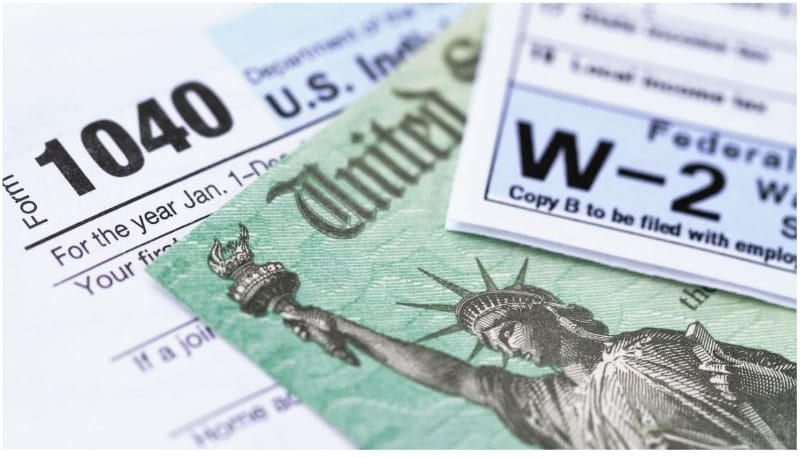In 2025, nine states will continue taxing Social Security benefits, though many offer income-based exemptions to provide relief for lower earners. While most states don’t tax these benefits, understanding the rules in states that do can help you plan. Here’s a breakdown of where your Social Security payments could face taxes and what exemptions might apply.
Colorado
Social Security benefits are taxable in Colorado, but there’s good news for retirees. Residents aged 55 to 64 with an adjusted gross income (AGI) of $75,000 or less for single filers, or $95,000 or less for joint filers, can deduct the federal taxes on their benefits.
Connecticut
In Connecticut, your benefits are taxable unless you meet certain income thresholds. Single filers with an AGI below $75,000 and married couples earning under $100,000 are fully exempt from paying taxes on Social Security.
Minnesota
Minnesota also taxes Social Security benefits, but it offers exemptions. Single filers with an AGI under $82,190 and joint filers under $105,380 are not required to pay state taxes on their benefits.
Montana
If you live in Montana, Social Security benefits are taxable. However, there’s relief for lower-income earners. Single filers with an AGI under $25,000 and married filers earning less than $32,000 can deduct their benefits from taxable income.
New Mexico
Residents of New Mexico face taxes on Social Security benefits unless they meet specific income criteria. Individuals earning less than $100,000 and couples with a combined income below $150,000 are exempt.
Rhode Island
Rhode Island also taxes Social Security but offers a higher income exemption. Single filers earning less than $88,950 and joint filers earning under $111,200 are excluded from taxation.
Utah
Social Security is taxable in Utah, but the state provides relief for lower-income retirees. Single filers with an AGI under $30,000 and joint filers earning less than $50,000 are exempt.
Vermont
In Vermont, benefits are taxable unless your income falls below the exemption thresholds. Single filers earning under $50,000 and joint filers earning less than $65,000 do not pay state taxes on their benefits.
West Virginia
West Virginia is in the process of phasing out taxes on Social Security benefits. For 2025, single filers earning less than $50,000 and joint filers earning less than $100,000 are exempt. The state plans to eliminate this tax by 2026.
For retirees, these exemptions offer significant tax relief, making it crucial to understand how your income level interacts with state tax laws.
What About the Other 41 States?
The good news for most Americans is that the majority of states—41 in total—do not tax Social Security benefits. This includes states like Florida, Texas, and Arizona, which are popular retirement destinations for their tax-friendly policies.
If you’re planning your retirement or considering relocating, keep these tax policies in mind. For personalized advice, consult a tax professional or visit your state’s tax authority website.




